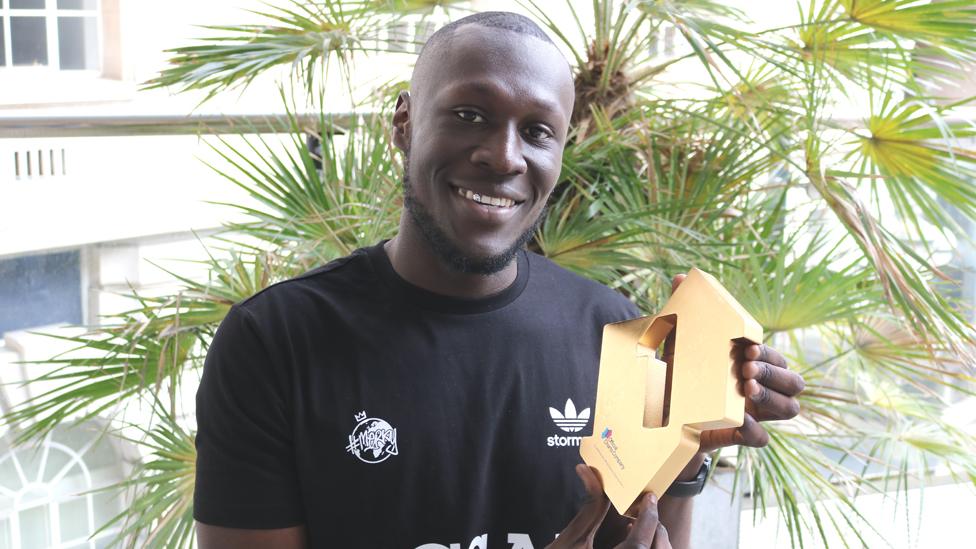The Great Escape: Grime 'saved' UK rap, says Richard Russell
- Published
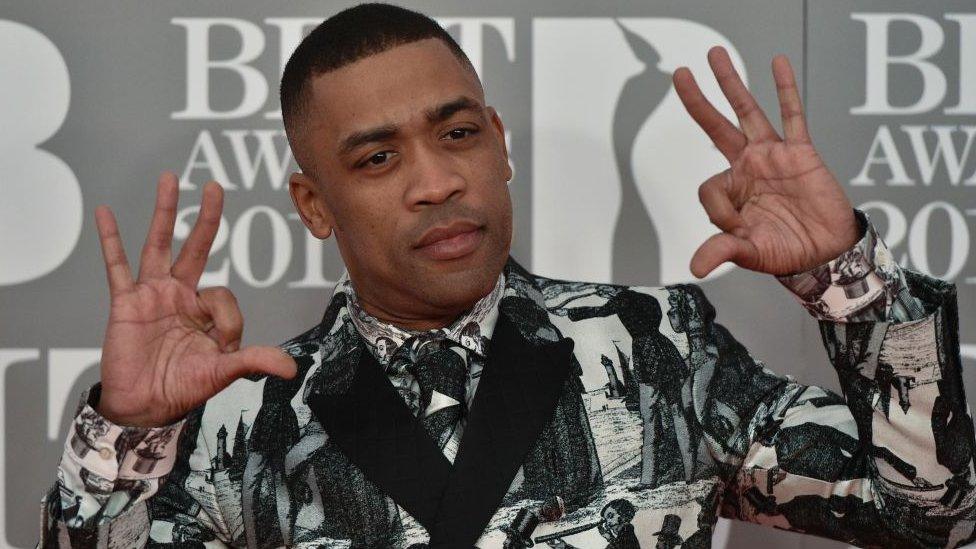
Wiley was one of the first grime artists, with groundbreaking tracks like Eskiboy and Ice Rink
The record label boss who signed Dizzee Rascal and Wiley says grime saved UK rap.
"It was always difficult making rap records in the UK and getting anyone to care," Richard Russell told an audience at Brighton's Great Escape Festival.
With rare exceptions like Monie Love and Slick Rick, British acts struggled overseas in the early days of rap.
Russell said hip-hop producers like himself and The Prodigy's Liam Howlett ended up making rave music instead.
"The rave records were effortless. The rap records were a lot of work," he added, admitting he initially had misgivings about the rave scene.
"Then, by 2002, I started hearing those first grime [tracks] and I just thought, 'Thank God someone's done that.'
"It was such a long time coming. garage was hinting at it but the MCs in garage were more party MCs… in the club hyping the crowd up.
"But Dizzee and Wiley were really lyrical, and both really great producers."
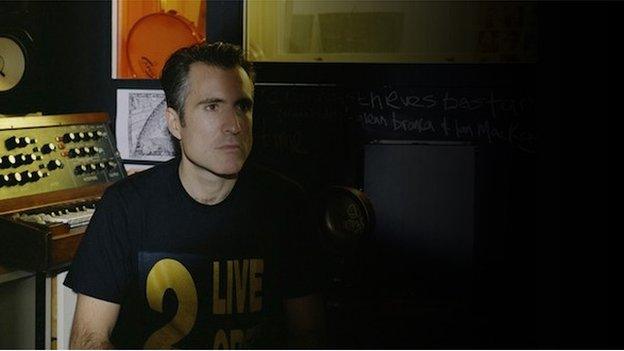
Russell has worked with everyone from Adele to Thom Yorke and Gil Scott Heron
Russell signed both acts to his label, XL Recordings, propelling grime's first commercial breakthrough in the UK.
"I actually think those records are still sonically ahead now," he told BBC Radio1's Abbie McCarthy, citing examples like Dizzee Rascal's I Luv U and Wiley's Eskimo and Ice Rink.
With grime now a global, mainstream phenomenon, Russell compared the genre's biggest stars to Bob Dylan.
"You could argue that [a musician] who is an artist and producer is the modern-day singer-songwriter.
"You used to be there with a guitar singing and strumming, and that would be it. That's a whole record, that's everything you need, that's Bob Dylan.
Allow YouTube content?
This article contains content provided by Google YouTube. We ask for your permission before anything is loaded, as they may be using cookies and other technologies. You may want to read Google’s cookie policy, external and privacy policy, external before accepting. To view this content choose ‘accept and continue’.
"That occurred to me about these [grime] guys - they do everything. The level of self-reliance, and autonomy is pretty mindblowing."
Russell went on to sign artists like Giggs, Novelist and Nines to XL Recordings - but the indie label's biggest star is undoubtedly Adele.
"I definitely always felt confident for her. And also I think I just got a general feeling of confidence from being around her," he said. "She is confidence-inspiring somehow."
Adele's achievements are "subtly political", he added, "just in succeeding as a female artist at that level [while] not fitting the mould of what a female artist was meant to be like.
"I think she kind of loosened that all up.
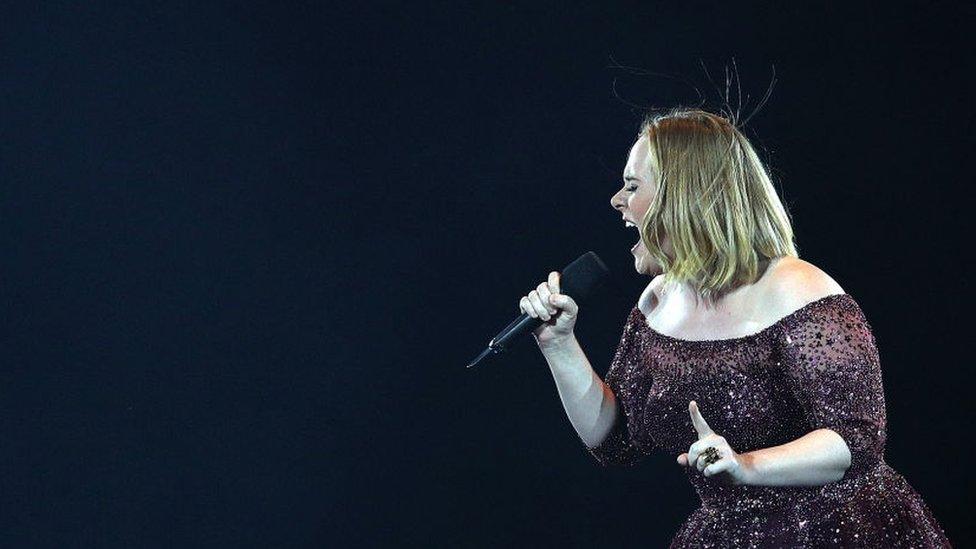
Adele's music "means a huge amount to a huge number of people," says Russell
"I've spoken to artists who are quite different from her, musically, who felt more free to do what they wanted to do as female artists because she was doing what she wanted to do and not conforming to a certain look or type."
Russell admitted he'd never anticipated the level of her success - but "I did know she was going to get it right somehow."
He said with all of his artists - from Adele to MIA via Damon Albarn and Radiohead - "the important thing is to make something that means a lot".
The next question is "does it mean a lot to a small number of people, which is potentially fine, or does it mean a lot to a huge number of people?
"A typical hit song means a small amount to a huge number of people," he explained.
"So I think what [Adele] has achieved, of making music which means a huge amount to a huge number of people - that is probably the holy grail in music."

Follow us on Facebook, external, on Twitter @BBCNewsEnts, external, or on Instagram at bbcnewsents, external. If you have a story suggestion email entertainment.news@bbc.co.uk, external.

- Published1 March 2018
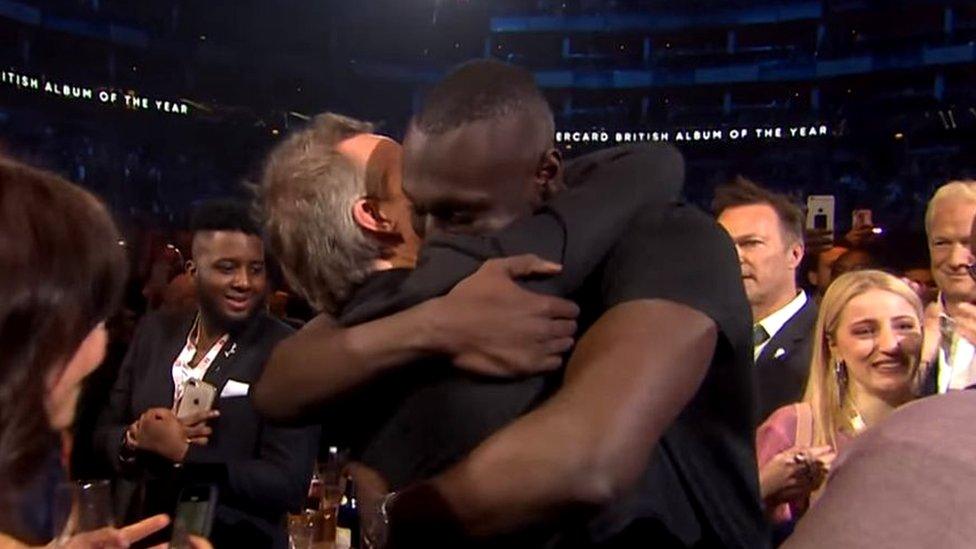
- Published7 March 2018
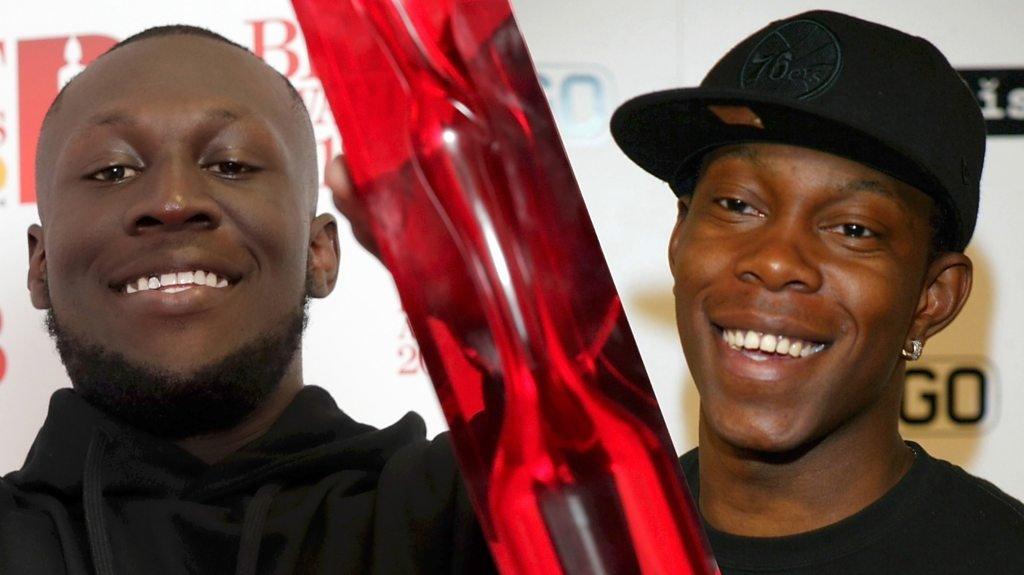
- Published11 April 2018
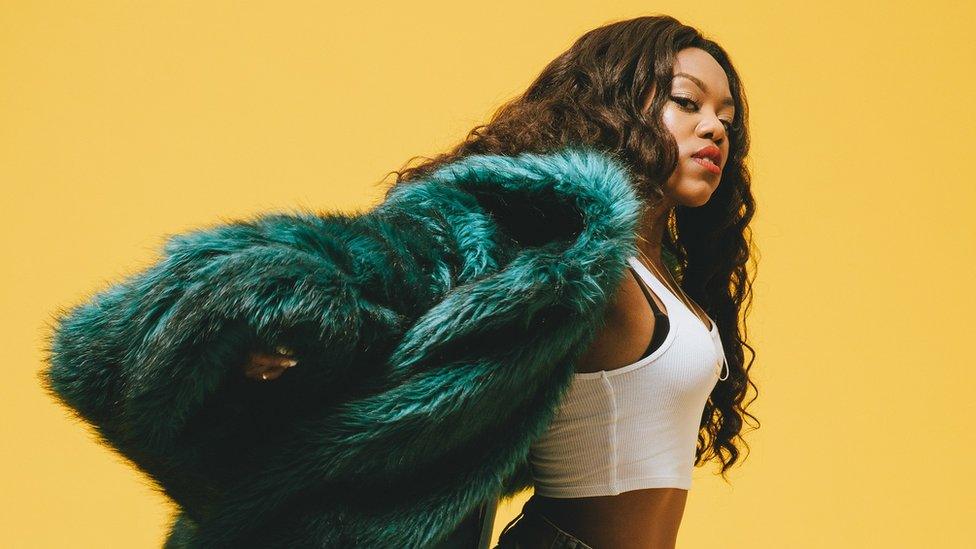
- Published3 March 2017
